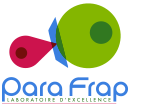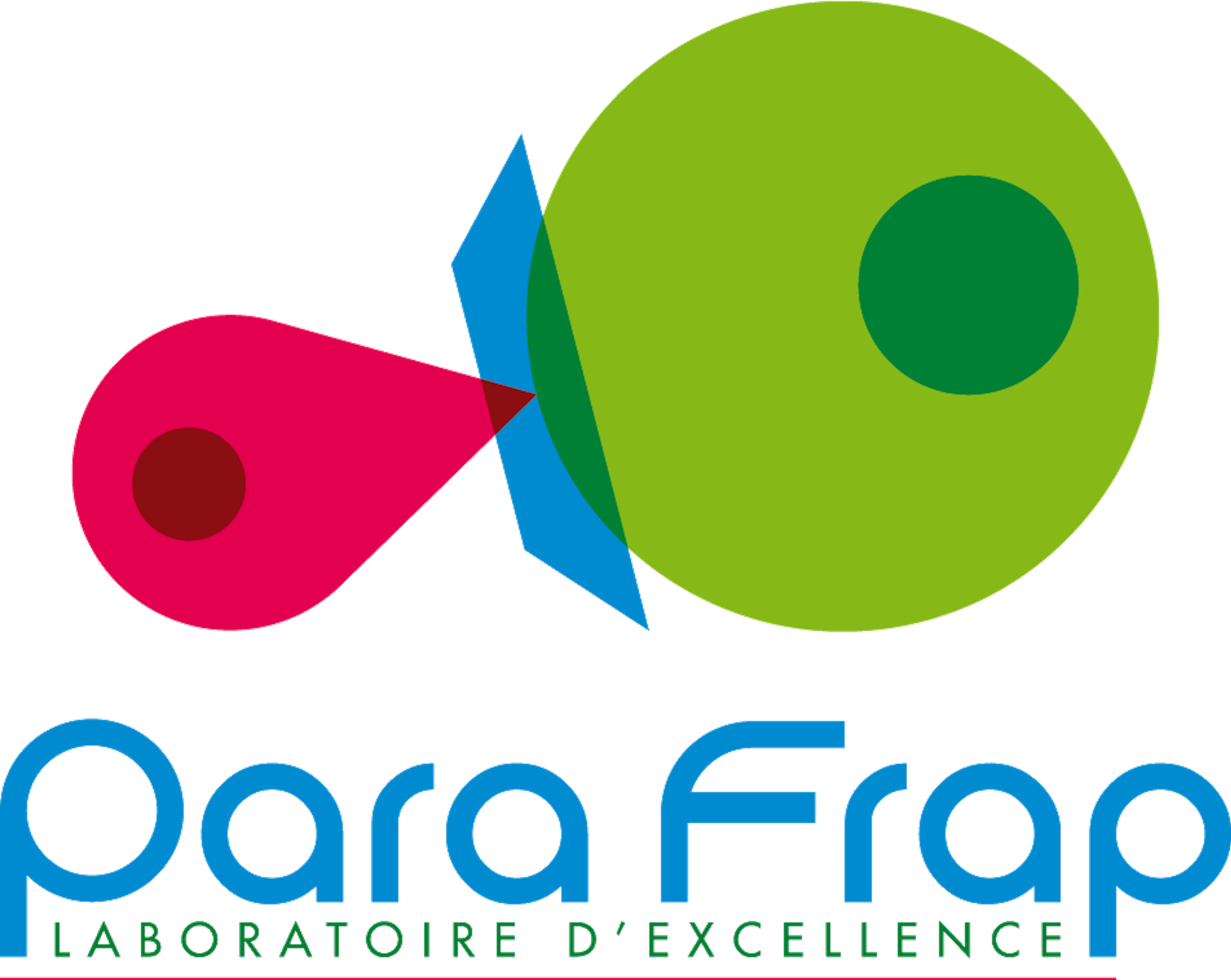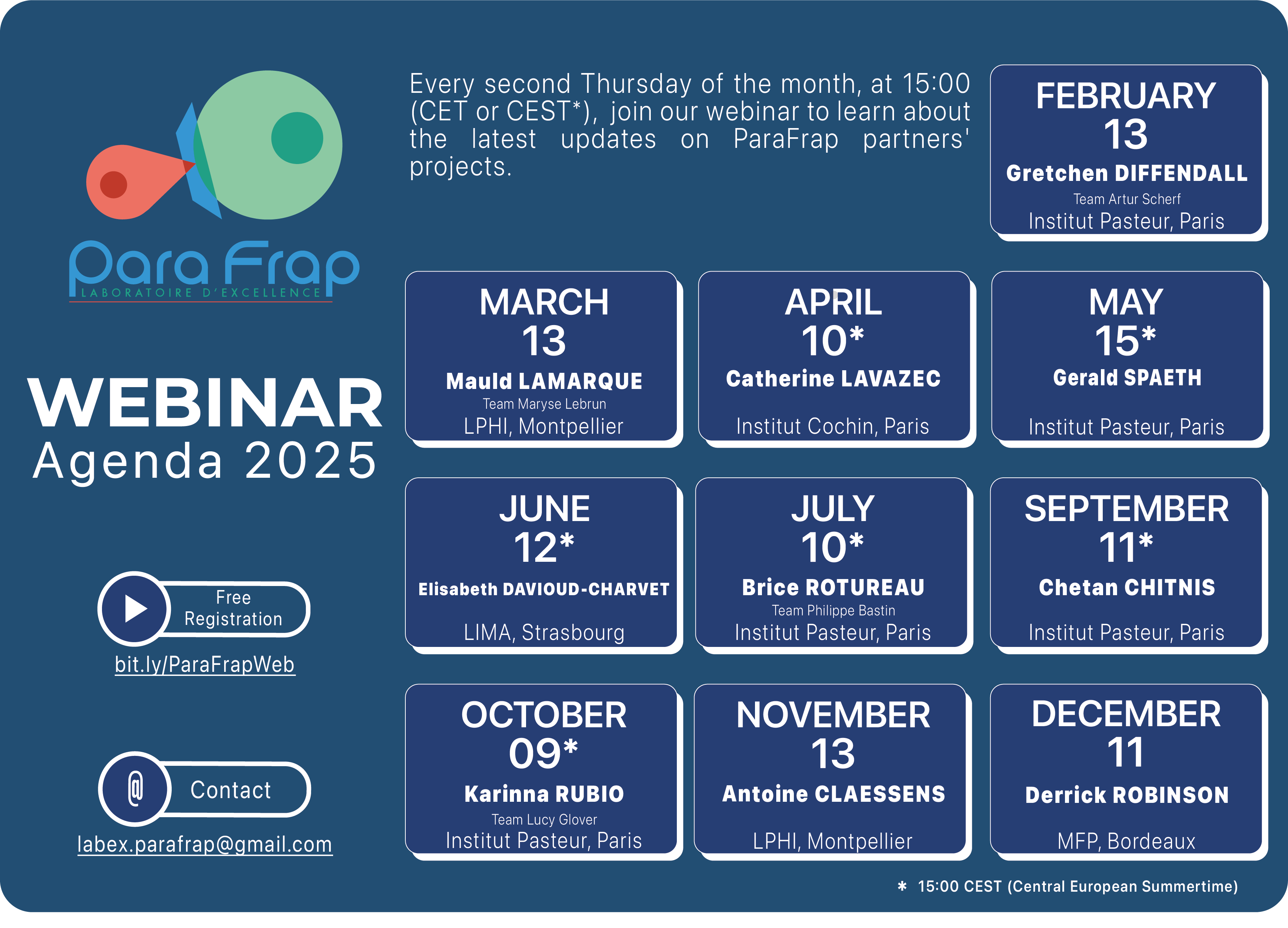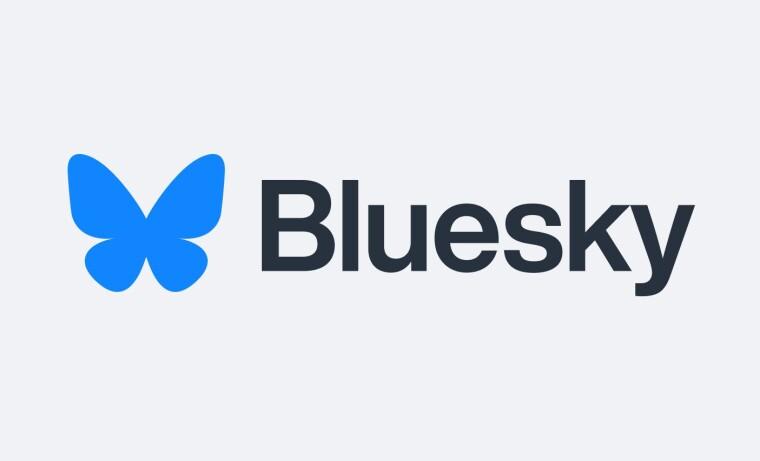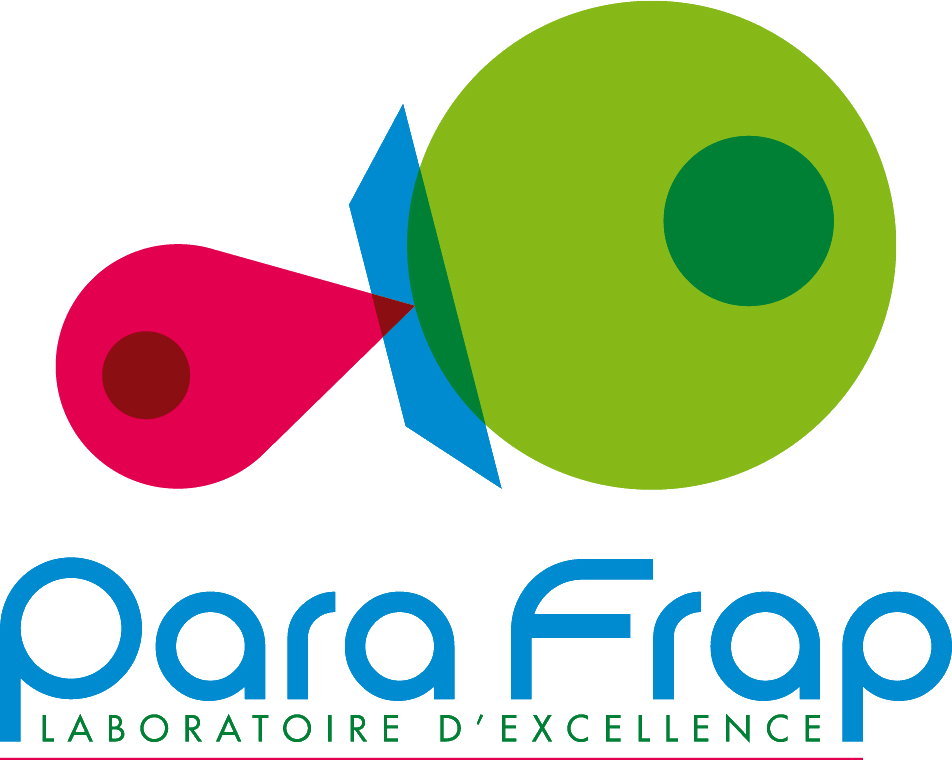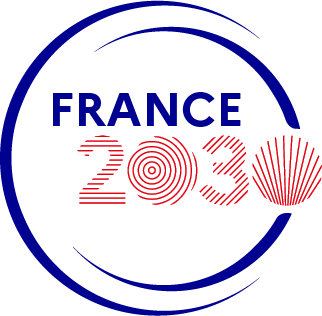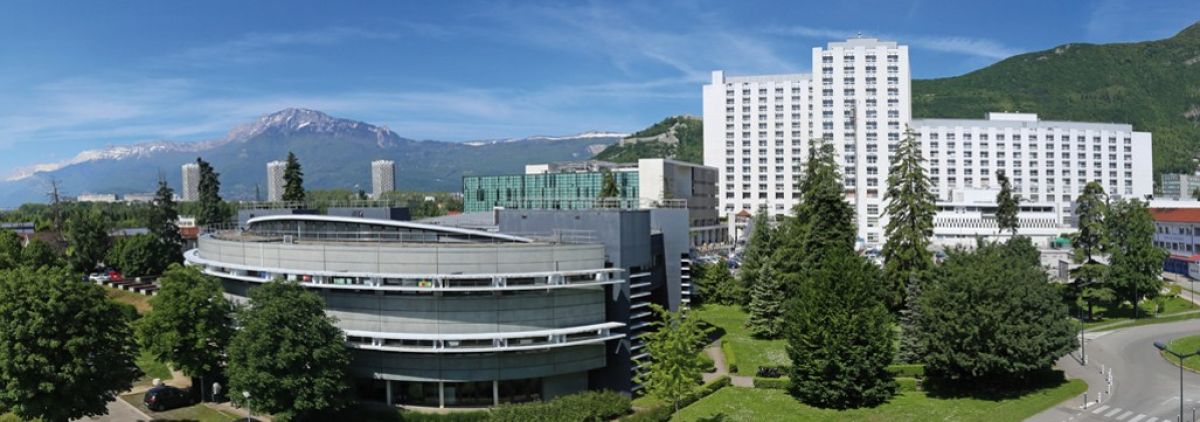
The EMBO Workshop 2025 “Host–Parasite Relationship: From Mechanisms to Control Strategies”, took place from October 5–8, 2025, on the beautiful Île des Embiez (France).
Organized within the framework of the LabEx ParaFrap and supported by EMBO, the event brought together nearly 200 participants from around the world to share the latest advances in host–parasite interactions.
Over four days, the scientific program featured plenary lectures, oral presentations, poster sessions, and many opportunities for informal discussion, fostering lively exchanges between senior scientists and early-career researchers.
Topics covered included molecular mechanisms of infection, host immune responses, vector biology, therapeutic and vaccine strategies, and cutting-edge “omics” and technological approaches applied to parasitology.
Two dedicated “Young Investigators in Parasitology” sessions highlighted the work of early-career scientists through poster presentations and interactive discussions. These sessions provided a valuable platform for young researchers to showcase their work, build collaborations, and engage with experts across disciplines.
The ParaFrap team warmly thanks all speakers, participants, and partners for their contributions to the success of this workshop — an event marked by scientific excellence, collaboration, and conviviality.


